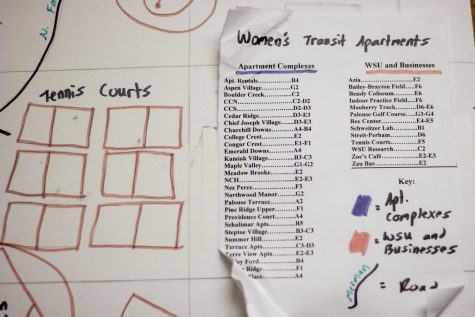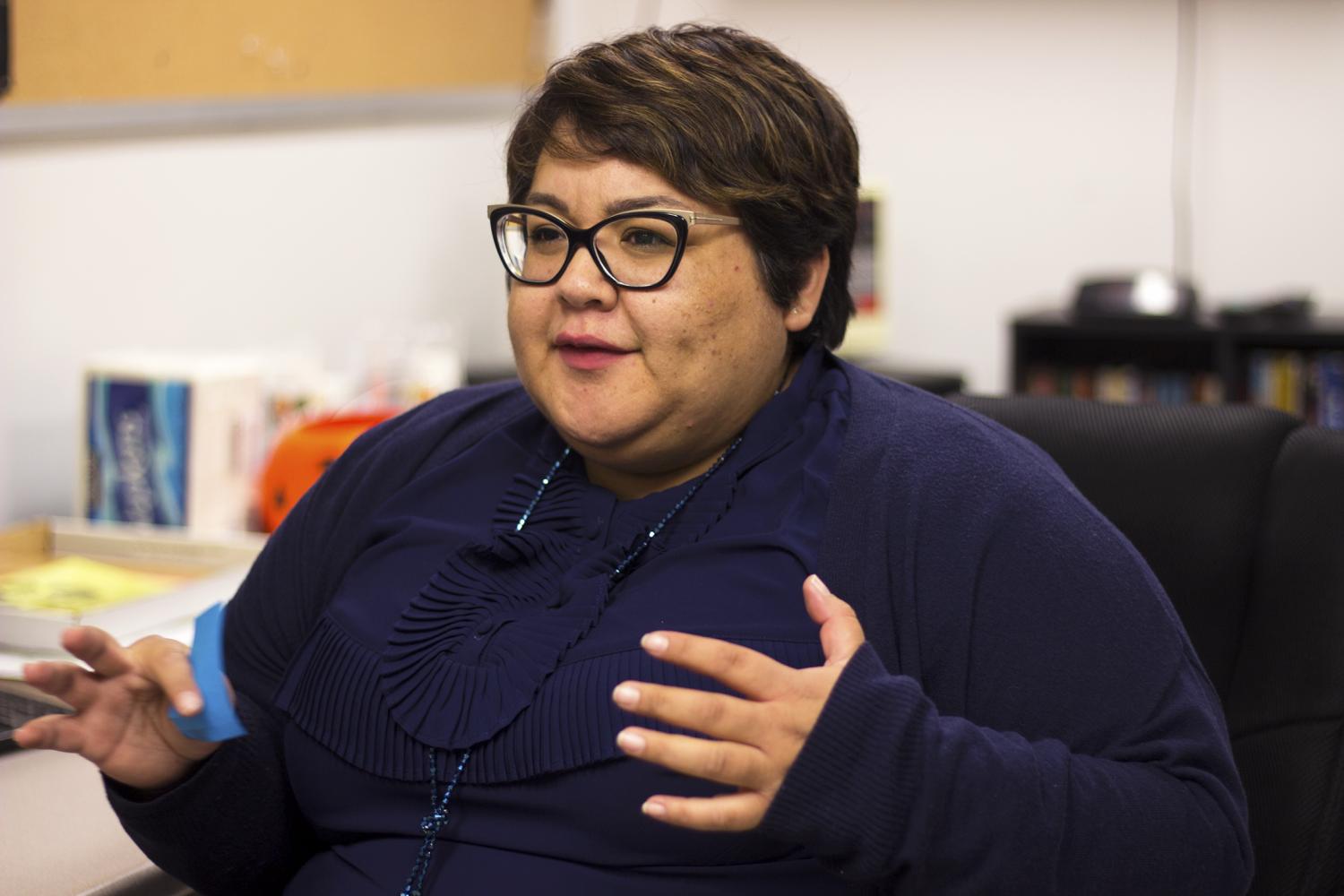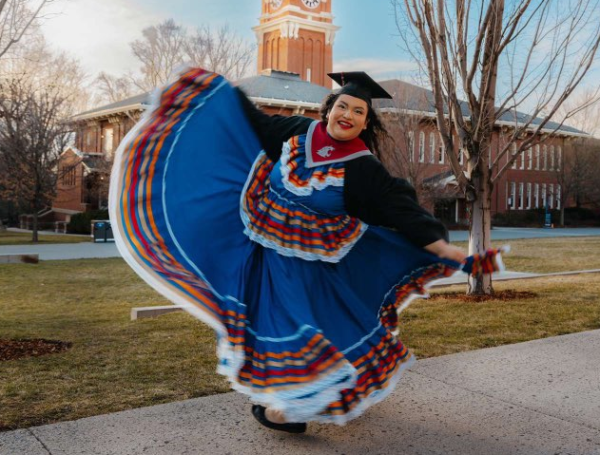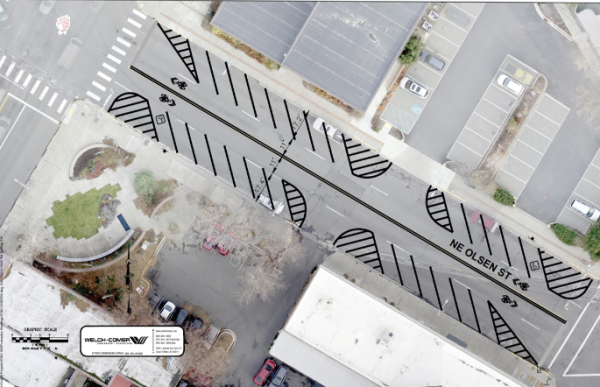Women’s Transit to return and rebrand
Leaders hope service will be operational by semester’s end
DARA EMAN | The Daily Evergreen
Women’s Resource Center Director Amy Sharp discusses how Cougar Safe Ride will be replacing Women’s Transit.
September 21, 2017
Women’s Transit, renamed Cougar Safe Rides, will soon return to WSU Pullman’s campus.
Women’s Transit was a volunteer-based late-night transportation service that offered rides to students from any Pullman location to their residences. The service was created for anyone who felt uncomfortable walking alone at night.
“My hope is that the program is running before fall ends,” said Amy Sharp, Women’s Resource Center director.
Women’s Transit also worked with both police departments to provide safe rides. The program worked by allowing students to call into Women’s Transit and request a ride or the police requesting one for them. Students would volunteer as dispatchers and drivers for the program.
The service was put on hold during the 2017 spring semester and has since been under review.
The first program development meeting was held last week. Attendees included members from Transportation Services, the Women’s Resource Center and ASWSU.
Tyler O’Brien, ASWSU director of Health and Safety, said topics included ways to improve the program, costs and budgets, current needs and volunteer training.
“Women’s Transit was a valuable resource to a lot of students,” he said. “It has been missed. I am very excited to have a late night transit program back on this campus.”
Sharp explained that the program is for anyone and the name should reflect that.
“The name implied certain rules about who could ride under certain conditions,” Sharp said. “We don’t want to discourage some students from using the service.”

A map of all apartment complexes and residence halls hangs in the Women’s Transit office for ease of dispatch.
Another change coming to the program is the type of volunteer training drivers and dispatchers would receive.
“Not only do we have to do basic first aid training, but it’s important to consider mental health first aid training too,” Sharp said. “Drivers should be prepared for any situation and rider.”
According to data from Women’s Transit, they provided 3,645 rides during the 2015-2016 academic year. An average of 29 rides per night were logged.
“It will provide students with a non-emergency transit option should they ever feel they are in a situation that could escalate to a level that endangers them,” O’Brien said.
Sharp said the program will be in the research and experiment phase for a while after it starts. Feedback from the student body is important to ensure the program is efficient and providing a real service to campus, she said.
“It’s going to be clanky in the beginning,” she said. “With all new programs, it takes time to get it perfect. I’m really excited for it though.”
Cougar Safe Rides meetings will be held weekly until the program is in motion. A volunteer sign-up sheet is available for students in the Women’s Resource Center, located at Wilson-Short Hall, Room 8.





















